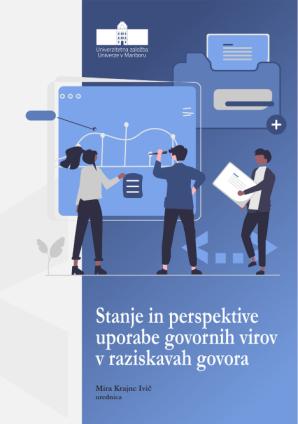Uporaba mikrofenomenološkega intervjuja pri raziskovanju igralčevega govora: Martin Vrtačnik
Synopsis
The Use of Microphenomenological Interview in the Research of Actor's Speech. Cognitive science and the field of theatre play have been connected for decades. In contrast to neuroscientists, however, theatre creators do not use technology (e.g. functional magnetic resonance, positron emission tomography and computed tomography) in their speech research, but primarily use descriptions of their own experience. As subjective experiences occur below the threshold of consciousness, it is complicated to describe them. The neurobiologist Francisco J. Varela pointed out that the human mind cannot be studied using neuroscientific technology alone, which is why he developed a neurophenomenological programme. Claire Petitmengin, the founder of microphenomenology, developed a micro-phenomenological interview that enables us to make the interviewee aware of their own subjective experience and to describe it. Although the microphenomenological interview was developed for the study of epilepsy, intuition and meditation, we believe that this method could also be used to further explore the least researched area of stage speech – the production of the actors' vocal layer.







